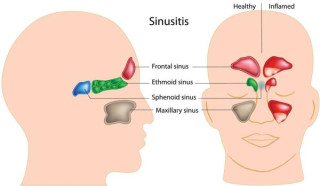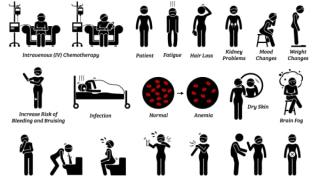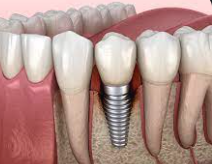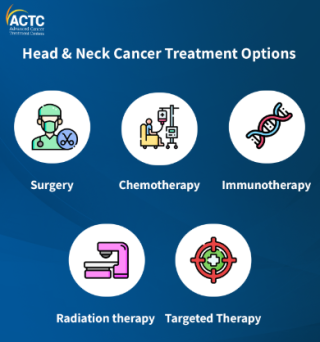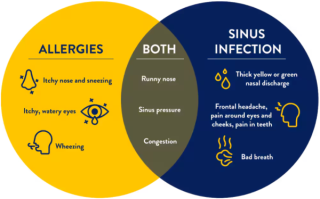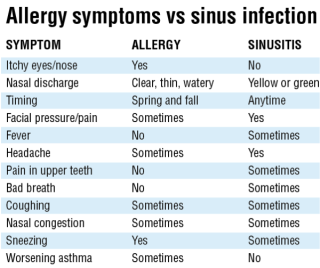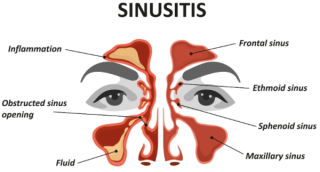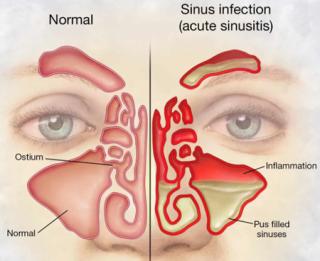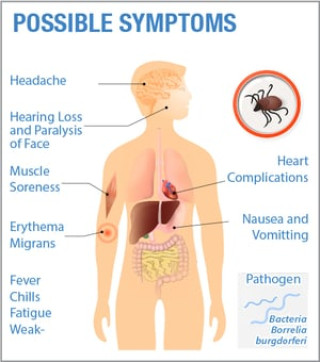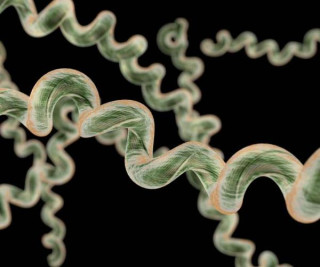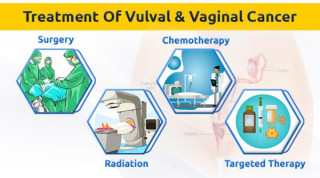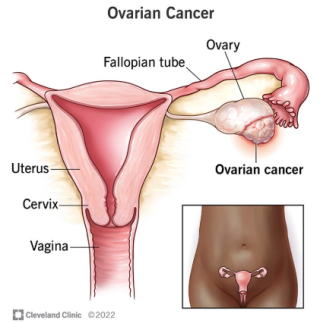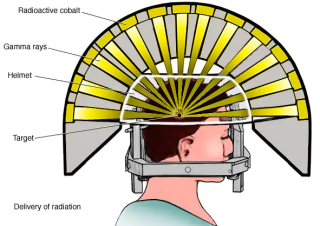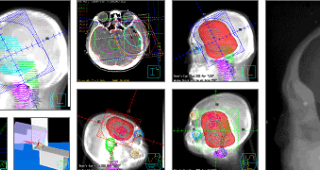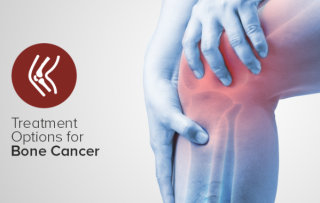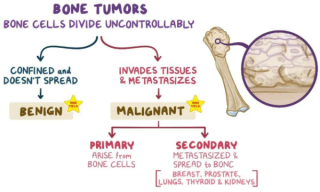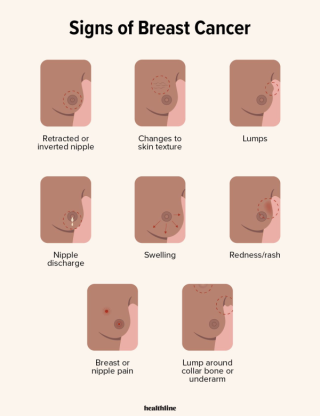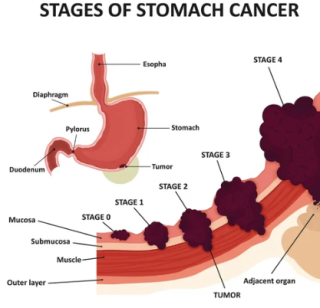Navigating Side Effects from Sinusitis Medications: What You Need to Knowcreated at May 07, 2009 1,433 1,433 Sinusitis medications, |
Exploring Chemotherapy: A Powerful Weapon Against Cancercreated at May 04, 2009 1,357 1,357 Chemotherapy, |
Navigating the Side Effects of Cancer Treatmentcreated at May 04, 2009 1,522 1,522 Cancer treatment, |
Ensuring Long-Term Success: How Often Should You Have Your Implants Checked?updated at Nov 09, 2025 1,301 1,301 Professional Cleaning and ExaminationThe longevity and success of your dental implants depend heavily on consistent care.A critical component of this care involves regular professional cleaning and examination.Generally, |
Debunking the Myth: Is Dental Implant Surgery Painful?updated at Nov 07, 2025 1,490 1,490 The prospect of dental implant surgery often conjures up images of intense pain.However, |
How is Hodgkin's disease treated?created at May 22, 2009 1,396 1,396 Hodgkin's disease treatment depends on the stage and type of the disease, |
Essential Guidelines for Those Undergoing Growth Hormone Therapycreated at May 14, 2009 1,391 1,391 Successfully undergoing growth hormone therapy requires diligent adherence to prescribed dosages and administration schedules, |
Navigating Clinical Trial Decisions for Head and Neck Cancer Treatmentcreated at May 09, 2009 1,301 1,301 Clinical trial decisions for head and neck cancer treatment depend on several factors, |
Exploring Treatment Options Beyond Surgery for Head and Neck Cancerscreated at May 09, 2009 1,288 1,288 Treatment options for head and neck cancers beyond surgery include radiation therapy, |
Sinus Surgery: When Is It Necessary?updated at Nov 09, 2025 1,382 1,382 A small subset of individuals suffering from chronic sinusitis may find themselves unresponsive to even the most comprehensive medical treatments.Research suggests that, |
Exploring the Controversial Link Between Food Allergies and Sinusitiscreated at May 08, 2009 1,292 1,292 While not definitively proven, |
Understanding the Interplay Between Allergies and Sinusitiscreated at May 08, 2009 1,396 1,396 Allergies and sinusitis frequently interact, |
Managing Expectations: How Long Until You Feel Better with Sinusitis Treatmentcreated at May 08, 2009 1,358 1,358 One common question that arises among individuals undergoing treatment for sinusitis is, |
Debunking the Myth: Alcohol and Sinusitiscreated at May 08, 2009 1,592 1,592 The common belief that alcohol worsens sinusitis is not entirely a myth, |
Navigating the Maze of Sinusitis Medications: Understanding Side Effectscreated at May 08, 2009 1,506 1,506 Sinusitis medications, |
Exploring Sinus Dysfunction: Factors Affecting Ciliary Functionupdated at Nov 07, 2025 1,372 1,372 Understanding why cilia, |
Understanding Sinus Drainage: The Role of Ciliaupdated at Nov 08, 2025 1,424 1,424 Ciliary Action: The Body's Microscopic Conveyor BeltTiny, |
Demystifying Sinusitis Diagnosis: Insights into the Processupdated at Nov 08, 2025 1,577 1,577 Clinical EvaluationThe initial step in diagnosing sinusitis revolves around a comprehensive clinical evaluation.This includes a detailed discussion of your medical history, |
Exploring the Rise in Sinusitis: Understanding the Factors Behind the Increaseupdated at Nov 08, 2025 1,409 1,409 The Alarming Increase in Sinusitis CasesIn recent years, |
Unveiling the Culprits: Understanding the Causes of Sinusitisupdated at Oct 30, 2025 1,338 1,338 Sinusitis, |
Unraveling Borreliosis: Understanding the Disease Caused by Borrelia Bacteriaupdated at Nov 08, 2025 1,396 1,396 Borrelia BacteriaBorreliosis, |
Recognizing Lyme Disease Symptoms in Humans: A Comprehensive Guidecreated at May 06, 2009 1,566 1,566 Lyme disease, |
Decoding Lyme Disease Diagnosis: Unraveling the Mysteryupdated at Nov 08, 2025 1,561 1,561 The Diagnostic Dilemma of Lyme DiseaseDiagnosing Lyme disease is notoriously complex and frustrating, |
Side Effects of Vulvar Cancer Chemotherapyupdated at Nov 08, 2025 1,437 1,437 Chemotherapy for vulvar cancer can lead to a variety of side effects, |
Exploring Three Vulvar Cancer Treatmentscreated at May 05, 2009 1,303 1,303 Three common treatments for vulvar cancer include surgery, |
Navigating Ovarian Cancer Treatment - Key Questions to Ask Your Doctorcreated at May 05, 2009 1,419 1,419 Ovarian cancer treatment depends on the stage, |
Precision Treatment: Understanding Stereotactic Radiosurgery for Brain Tumorscreated at May 04, 2009 1,424 1,424 Stereotactic radiosurgery (SRS) is a precise radiation therapy technique used to treat brain tumors and other lesions.It delivers a highly focused, |
Understanding the Side Effects of Brain Tumor Treatmentcreated at May 04, 2009 1,467 1,467 Brain tumor treatments, |
Understanding Radiation Therapy for Brain Tumorscreated at May 04, 2009 1,478 1,478 Radiation therapy for brain tumors uses high-energy radiation to kill cancer cells and shrink tumors.This can be delivered externally through a linear accelerator (external beam radiation therapy) or internally via implanted radioactive seeds (brachytherap... |
Exploring Treatment Options for Bone Cancer: A Comprehensive Guidecreated at May 03, 2009 1,562 1,562 Treatment for bone cancer depends on several factors including the type and location of the cancer, |
Demystifying Bone Tumors: Understanding Benign and Malignant Varietiescreated at May 03, 2009 1,338 1,338 Bone tumors are growths that develop in bone tissue, |
Recognizing the Red Flags: Warning Signs for Breast Cancercreated at May 03, 2009 1,404 1,404 Warning signs of breast cancer can include a new lump or thickening in the breast or underarm, |
The basic information for Stomach cancercreated at May 03, 2009 1,386 1,386 Stomach cancer, |
